Investment is critical for our transit system to continue to evolve
June 29, 2021
June 29, 2021
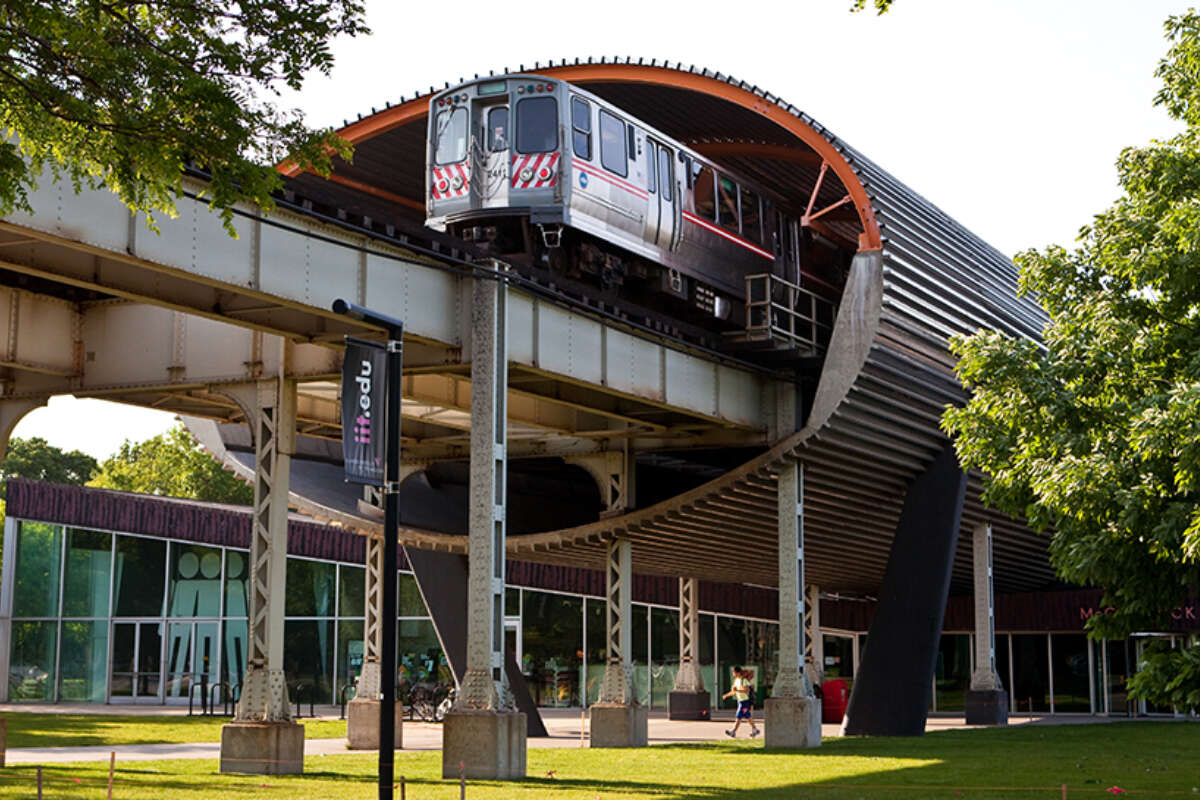
A letter from Leanne Redden, executive director, Regional Transportation Authority.
The COVID-19 pandemic has shown all of us that not only are changes to the status quo possible, but they are necessary, and resilience can come from the darkest of circumstances. As leader of the Regional Transportation Authority (RTA), I have seen firsthand how this has proven true for our region’s transit network and the agencies we oversee: CTA, Metra, and Pace.
In the last year, public transit pivoted to withstand required shutdowns that shuttered business and led to massive declines in ridership and the disappearance of fare revenues long relied upon to operate the system. Thankfully and wisely, the federal government stepped in with injections of relief funding, and with it the three agencies transformed things our industry had long taken for granted: schedules, capacity limits, cleaning protocols, and more.
And the RTA adapted, too – instead of relying on historic formulas to allocate money, we used data to understand the people who needed transit the most during the pandemic and allocated a portion of the relief funding using this analyses. We are continuing to evolve our allocation processes based on the needs of the system, performance-based metrics, and policy priorities such as equity and accessibility.
Though we are relieved to be past the darkest days of the pandemic and excited to welcome more riders back each week, we know it could take a year or more to fully understand how our region’s commute behavior will shift. In recent weeks, newspaper stories have highlighted the challenges of a return to work in our region if commuters don’t return to transit. Asking if we can “avert the old gridlock” and overcome other mobility challenges posed by long waits and high prices for users of taxis and rideshare services? We can if we commit federal, regional, and local resources to sustained investment in our public transit system.
Public transportation in our region and our country has been underfunded for so long that a mindset of avoiding risk and change had set in long before COVID. But like everything else, that has changed. Today, the CTA, Metra, and Pace are piloting flexible fare packages, adding drivers and operators, and increasing service as fast as possible to meet growing demand. As a regional system, we need to seize this opportunity to transform how we plan for and implement transit investments.
To continue to adapt, investment – such as agreement on a federal infrastructure deal that provides sustainable funding for transit – is essential. At the same time, we need adequate transit funding from our state and region. There have been positive signs on this front: In May, the General Assembly restored the region’s Illinois sales tax matching dollars, which had been cut for five straight years. The Rebuild Illinois capital program passed in 2019, was an important step toward meeting the steep unmet capital needs of the system. But even with Rebuild Illinois, those needs, which total $2 billion to $3 billion per year to simply maintain our current assets, far outpace resources (about $1 billion per year).
While the money for daily operations and the money for long-term capital infrastructure come from different sources and are handled separately – the result of underfunding is the same – less reliability and convenience for riders – the very things we know we must improve to entice riders to return to transit.
As workers return to their commutes and are forced to choose between expensive rideshares, the gridlock of increased congestion, or safe and accessible public transit -- we will see further evidence that sustainable investment in transit is essential to the Chicago region’s economic recovery and its economic growth into the future.
Subscribe to our Newsletter
Related Articles
 New project management oversight report highlights more than 100 projects representing $8.2 billion in capital investments
New project management oversight report highlights more than 100 projects representing $8.2 billion in capital investments
The RTA’s Project Management Oversight (PMO) program ensures that the Service Boards—CTA, Metra, and Pace—are spending capital funds and managing their infra...
June 27, 2024 Transportation Tuesday recap: Improving and expanding the transit system strategically
Transportation Tuesday recap: Improving and expanding the transit system strategically
With last year’s adoption of Transit is the Answer came 15 new evaluation metrics that comprise a strategy for evaluating and selecting capital projects. Now...
May 30, 2024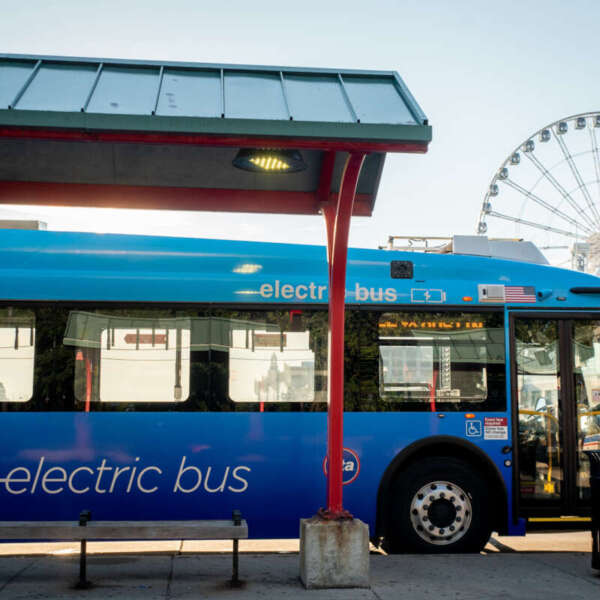 Transit is the answer to meeting Illinois’ climate goals
Transit is the answer to meeting Illinois’ climate goals
As we celebrate Earth Day 2024, the RTA is announcing Transforming Transit —the agency’s commitment to lead the Chicago region’s transit system into the futu...
April 18, 2024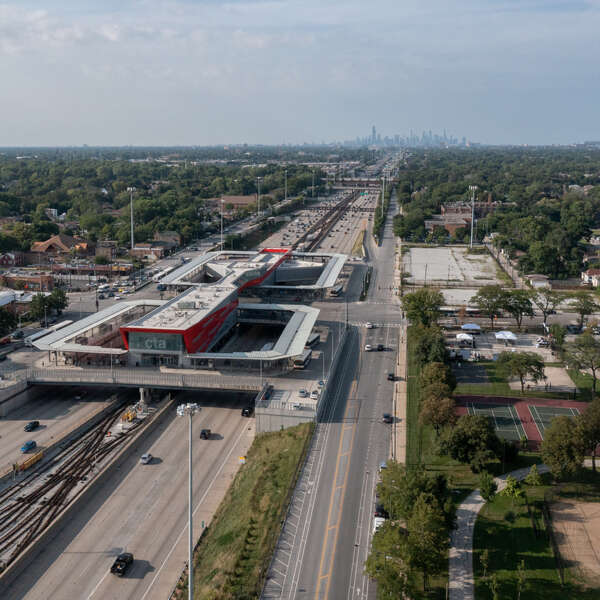 Three years into the Infrastructure Investment and Jobs Act, Chicago’s transit system is winning competitive grants and advancing critical projects
Three years into the Infrastructure Investment and Jobs Act, Chicago’s transit system is winning competitive grants and advancing critical projects
The Infrastructure Investment and Jobs Act (IIJA), passed in 2021, represented a historic level of federal investment for shoring up the nation’s infrastruct...
March 12, 2024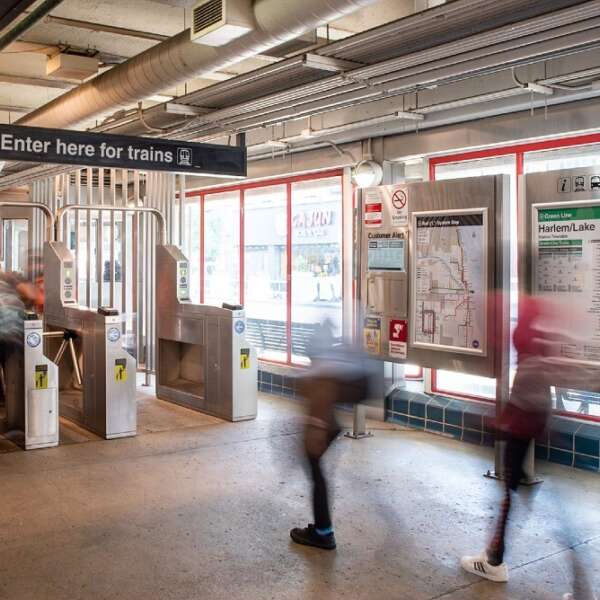 Why fully funding paratransit service and reduced fare programs is key to closing the transit budget gap
Why fully funding paratransit service and reduced fare programs is key to closing the transit budget gap
With transit facing a fiscal cliff in the coming years, fully funding critical programs like ADA paratransit service and free and reduced fare programs is on...
February 29, 2024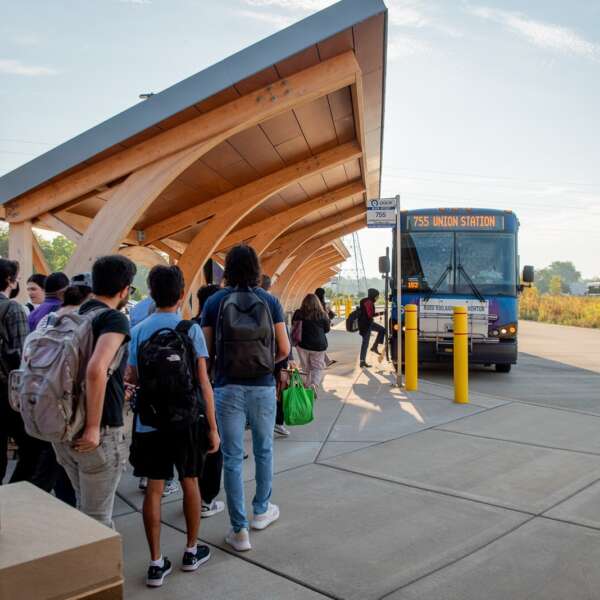 RTA releases semi-annual project management oversight report highlighting more than 100 capital projects
RTA releases semi-annual project management oversight report highlighting more than 100 capital projects
Under its Project Management Oversight (PMO) program, the RTA ensures that the Service Boards—CTA, Metra, and Pace—are spending capital funds and managing th...
January 3, 2024